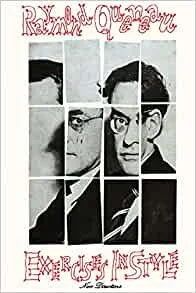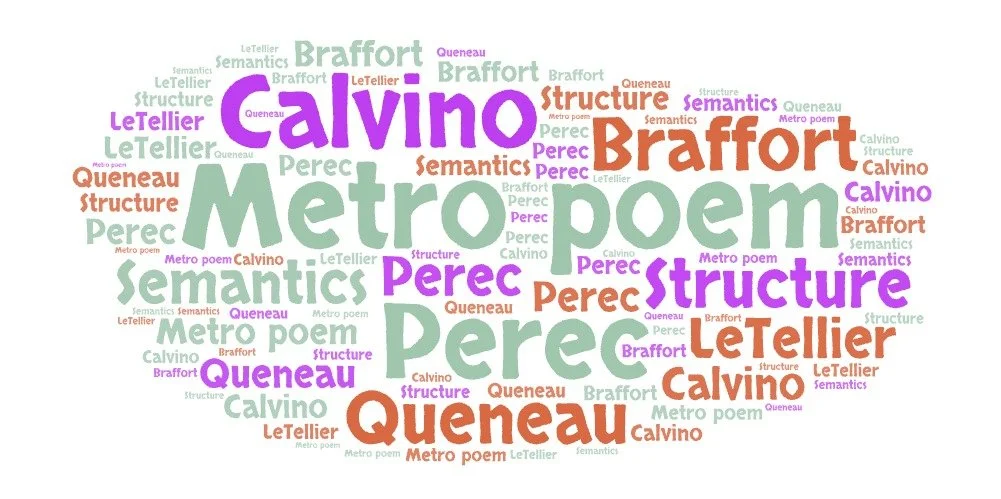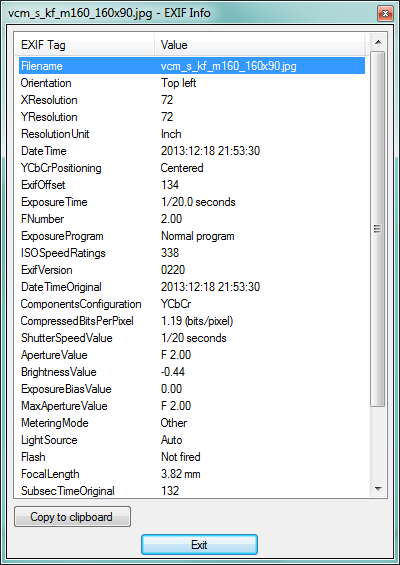My Christmas message, as I mentioned at the start of the year, was accidentally and inexplicably mangled. With the subject heading “Sect’s Grindstones!”, my email read as follows:
Grindstones!
This is just a quick nozzle to wolf you a happy Churn and New Yoghurt. I horsewhip that 2020 brings week, hearty and harlequin, and a crotchet of decent fingerprints!
All the best
Terry
Well, of course it was neither accidental nor inexplicable. I wrote the message out, and then applied a variation of a method favoured by the Oulipo. Known as N+7 , the approach involves replacing every noun with the word seven words along in the dictionary. I cheated a bit by using N+14, more than one dictionary, and tweaking the result slightly. Nevertheless, at least one person deciphered it, and several others got close. Here’s what I meant to say:
Season’s Greetings!
This is just a quick note to wish you a happy Christmas and New Year. I hope that 2020 brings wealth, health and happiness, and a crop of decent films!
I hope you enjoyed that. Look out for more Oulipo-inspired conundrums on this website.
Other Oulipo-related articles on this site
Anyone interested in the craft of writing should read this book. It’s not a primer, or dictionary, or anything of that nature. But it does exactly what it says on the tin.
Have you ever thought about all the jobs you’ve had, whether paid for or as a volunteer?
An article I wrote for a client is characterised by 24 pieces of data. More correctly: metadata. So what?
The standard advice for writers who are feeling uninspired or blocked is to allow your mind to wander where it will or to just start writing aimlessly to see what happens. Therefore to suggest the opposite approach, that of imposing some constraints on your thinking, seems completely counterintuitive.
This article contains a hidden message stating the title of my desired course. The message is hidden in plain sight using a well-established technique in the text, which has then been further processed using a standard Oulipo approach.
I think evaluations are very odd devices to be honest. Someone once “marked me down” on her evaluation of a one day course I was running on the grounds that the traffic was terrible.
This course will look at examples of constraints created by some of the Oulipo’s main proponents, with work including the Hundred Thousand Billion Sonnets, the Metro Poem, and others. Course participants will have the opportunity to try out several techniques, and invent one or two of their own.
In Escapism: a 50 word prose poem I presented readers with a prose poem constructed in accordance with a constraint, and invited them to suggest what that constraint might be. Here’s the poem again, followed by the solution.











